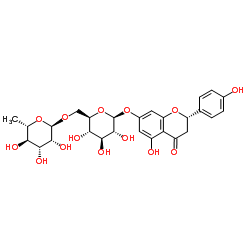| 结构式 | 名称/CAS号 | 全部文献 |
|---|---|---|
 |
柚皮芸香苷
CAS:14259-46-2 |
| 结构式 | 名称/CAS号 | 全部文献 |
|---|---|---|
 |
柚皮芸香苷
CAS:14259-46-2 |